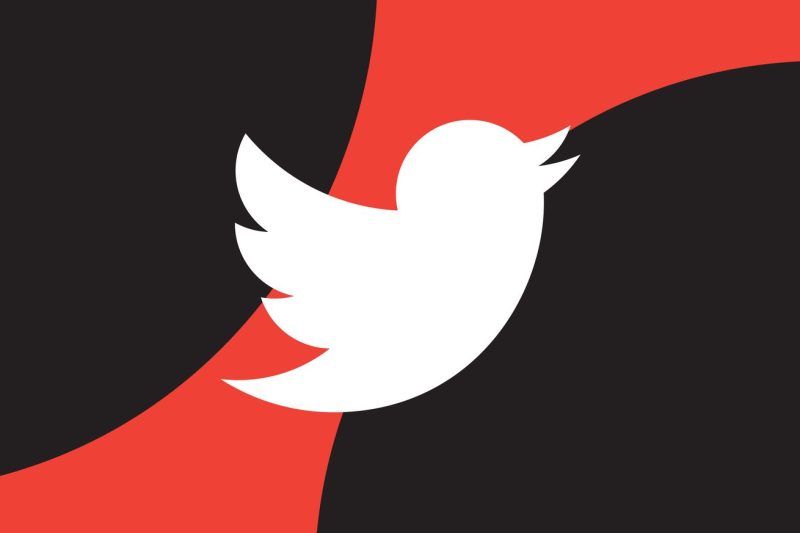In the era of growing concerns over privacy, censorship, and misinformation on mainstream social media platforms, the search for alternative networks that offer a more user-centric experience has intensified. Although Twitter has been a dominant player in the social media landscape for years, many users are seeking a platform that aligns more closely with their values and preferences.
One contender in the race to become the next Twitter is Mastodon, a decentralized microblogging platform that operates on open-source software. Mastodon’s key feature is the creation of independent, interconnected communities called instances which provide users with more control over their online interactions. By decentralizing the platform, Mastodon aims to offer enhanced privacy and moderation capabilities that are lacking on traditional social media sites.
Another rising star in the alternative social media scene is MeWe, a platform that boasts a commitment to user privacy and data protection. MeWe positions itself as a viable option for those seeking a Facebook alternative, offering features such as private messaging, newsfeeds without ads, and group chats. With a focus on building a community based on trust and respect, MeWe has garnered a growing user base that values its emphasis on privacy and freedom of speech.
For users looking for a more visually oriented platform, Vero presents itself as an Instagram alternative that prioritizes authenticity and genuine connections. Vero distinguishes itself by organizing content chronologically and eschewing algorithms that prioritize sponsored posts. With a focus on providing a platform for creative individuals and small businesses, Vero has carved out a niche for itself as a haven for users disillusioned with the commercialization of social media.
Stepping away from conventional social media paradigms, Discord has emerged as a popular platform for real-time communication and community building. Originally catering to gamers, Discord has expanded to encompass a wide range of interests and communities through its server-based structure. With features such as voice chat, video calls, and customizable servers, Discord provides users with a versatile platform for connecting with like-minded individuals and fostering meaningful relationships.
While each of these alternative social media platforms offers unique features and caters to specific user needs, they share a common ethos of prioritizing user privacy, freedom of expression, and community engagement. As the landscape of social media continues to evolve, users have more options than ever to find a platform that aligns with their values and preferences. Whether seeking refuge from the noise of mainstream sites or looking for a more focused and intimate online experience, the hunt for the next Twitter is a journey that promises innovation, diversity, and the opportunity for users to reclaim control over their digital lives.

























